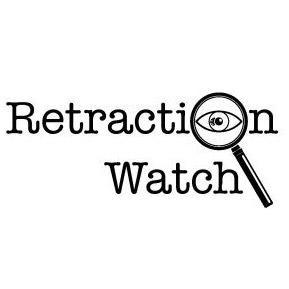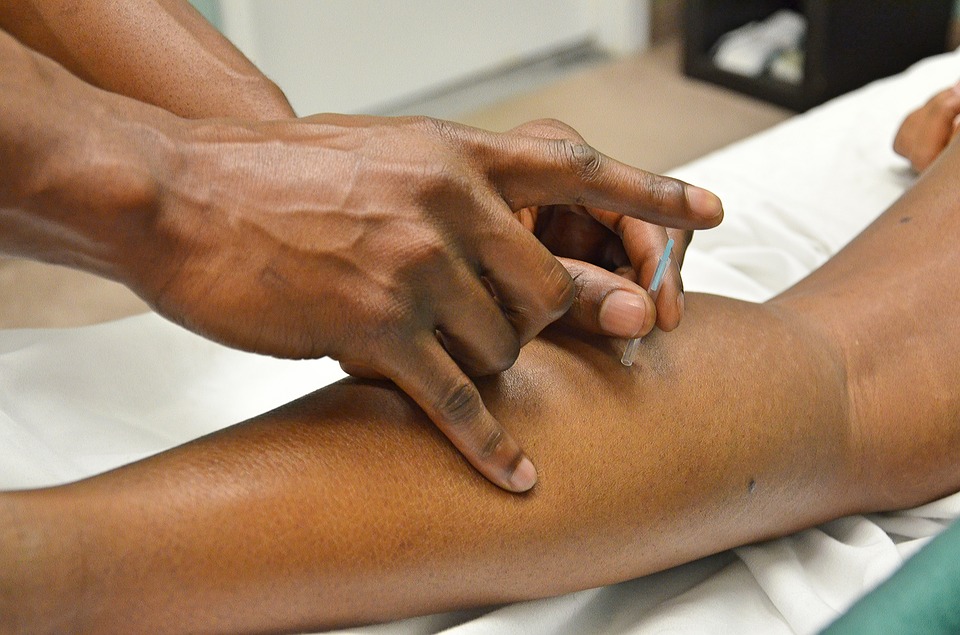 We often praise authors for doing the right thing by retracting with transparency. Here’s a journal that deserves recognition for its handling of a case of duplicate publication.
We often praise authors for doing the right thing by retracting with transparency. Here’s a journal that deserves recognition for its handling of a case of duplicate publication.
Acta Dermatovenerologica Alpina, Pannonica et Adriatica (ADAPA), a European derm publication, has retracted a 2018 article in smack-down fashion, calling out a co-author for deceit. The paper was a case study titled “Inflamed bilateral linear atrophoderma of Moulin in an adult woman: a case report.” According to ADAPA, a reader noticed that a virtually identical article — with the same title — had appeared in a Turkish dermatology publication in late 2017.
In an lengthy editorial, Jovan Miljković, the editor-in-chief of the journal, explained what happened after a review of the two papers found them to be “virtually identical”: Continue reading Too much skin in the game: Derm journal calls out author for duplication

 Before we present this week’s Weekend Reads, a question: Do you enjoy our weekly roundup? If so, we could really use your help. Would you consider a
Before we present this week’s Weekend Reads, a question: Do you enjoy our weekly roundup? If so, we could really use your help. Would you consider a 
 Dear Retraction Watch readers:
Dear Retraction Watch readers: The stars did not align for a 2016 paper ancient astronomy in the Amazon region after the author discovered errors in his work that the journal deemed fatal to the case, although the author has objected to the retraction.
The stars did not align for a 2016 paper ancient astronomy in the Amazon region after the author discovered errors in his work that the journal deemed fatal to the case, although the author has objected to the retraction. 

